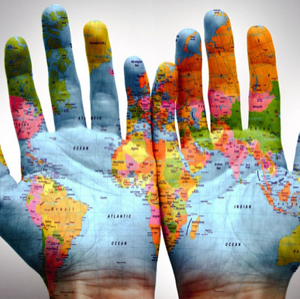Lecture Mondays and Wednesdays, 11:15-12:10 pm
+ Friday Discussion Sections (time varies)
Dr. Willard Sunderland
This course investigates the origins, development, and interactions of world cultures from ancient times to roughly 1500 AD.
Key topics considered in the course include the emergence of the world’s first large-scale urban civilizations, the rise of classical empires, the emergence and spread of the world’s religions, and the gradual consolidation and interaction among major world culture areas in Europe, East Asia, South Asia, Central Asia, the Middle East, Africa, and the Americas.
This course will discuss the origins of major systems of power from the earliest civilizations on, such as patriarchy, social class, and slavery. It will discuss how, through connection with governments, religious systems became associated with specific cultures and specific rights (or lack thereof) in different areas. It will discuss how the rise of empire created ongoing legal frameworks to deal with the treatment of heterogenous populations, including but not limited to questions of privilege based on ethnicity, gender, and religion.
Through the reading of primary sources as well as historical scholarship, students will engage with multiple perspectives and articulate how they reflect their contemporary social structures.
Throughout our consideration of these key themes, this course will pay attention to the structures of power that created and sustained systems of inequality in world societies then and today.
